A friend of mine knows exactly how to create the perfect Christmas for her family. Visiting her home in December is like stepping into a Hallmark card or one of Budweiser’s “I’ll be home for Christmas” commercials—the ones with the Clydesdales pulling the sleigh through the snow that used to make me cry the first time I celebrated Christmas away from home.
Those Martha Stewart touches we all admire, that are embedded in our best Christmas memories (or fantasies), are a long way away from the raw courage and gritty determination that characterized women’s early contributions to Christmas. In the midst of all the hustle and bustle of Christmas, it’s easy to forget the heroic young ezers who risked everything to make that first Christmas possible.
Mary of Nazareth comes immediately to mind—the young teenager who sacrificed her girlhood dreams to join a cause that cast a dark shadow over her reputation and ultimately broke her heart. We’ve lost sight of the fact that there were two courageous young mothers and two miracles babies born in Bethlehem. Without both babies, there would be no Christmas.
Ruth the Moabitess doesn’t show up on Christmas cards, but she belongs there just the same.
Although separated by multiple generations, Ruth’s and Mary’s stories run on parallel tracks. Both were unmarried when they sensed God’s call on their lives. Both traveled great distances under stressful conditions to reach Bethlehem. Both made radical choices and costly sacrifices. Both had miracle pregnancies and gave birth to significant sons in Bethlehem. Both women heard and responded to a voice that gave them every reason to fear. But faith not fear drove their actions which ultimately blessed the world.
There are important differences too. Mary was betrothed—to Joseph, a man of extraordinary character. Her dreams were intact and her future secure (at least before the angel appeared). But any dreams Ruth may have had as a young girl had already gone up in smoke by the time she was in her mid twenties. She was certifiably barren—a disastrous label and an unspeakable sorrow in a culture where women were valued by their ability to bear sons—and then she was widowed.
Who would imagine God singling out a woman like Ruth to play a crucial role in His redemptive purposes for the world? But that’s exactly what He did.
The voice Ruth heard was not the angel’s proclaiming “Emmanuel”—God with us, but her bereft mother-in-law Naomi lamenting Yahweh’s departure. “The LORD’s hand has gone out against me!” Yet just as clearly as Mary heard the angel’s voice, Ruth heard God’s call at that dark moment.
What fascinates me about Ruth’s story is the fact that she moved forward without the benefit of the heavenly perspective that Mary enjoyed. Ruth saw her life from ground level the same way we see ours. From that earth-bound vantage point, her life didn’t look anything like a Hallmark card. Once in Bethlehem, she joined the ranks of gleaners—reduced to scavenge for a living.
But just like Mary, Ruth said “Yes” to Yahweh. She embraced the battles God placed in her path and determined to do whatever it took to put food on the table and to rescue Naomi’s family from the awful fate of extinction.
In the end, both young women gave birth to sons in Bethlehem. Mary laid her baby in a manger. Ruth laid her baby in Naomi’s empty arms.
Of course, Ruth didn’t know she was getting ready for Christmas. She had no clue that God’s purposes for the world were hanging on the courageous choices she was making or that the family line she was fighting to save would one day produce the promised Messiah. From her ground-level point of view, Ruth was only putting one foot in front of the other to take care of Naomi.
And Mary would certainly need someone to explain to her that all the jingle bells, last minute shopping, and hoopla we go through each December are connected to the miserable ordeal she endured when she gave birth to Jesus in a make-shift maternity ward with Joseph as her midwife.
In a strange way, as Christmas approaches, the way these two women prepared for Christmas is a gift to me. Neither of them ever saw a heart-warming beer commercial, a Hallmark card or a Christmas tree. Christmas for them meant saying “yes” to God. Meant costly choices. Meant moving out of their comfort zone to fight a battle and take up a cause that humanly speaking was impossible.
Most years, I believe I can manufacture the perfect Christmas for my family. This year, I know up front I won’t be able to pull it off. There’s too much loss and heartache in my family at the moment to convince anyone that life can be perfect—even on Christmas Day.
Perhaps instead of striving to produce the kind of Christmas that is unrecognizable to its originators, I’d be better served by bringing their Christmas into mine—a Christmas that admits I need a Savior to rescue me. That centers on saying “yes” to God’s calling on my life and to the battles He is calling me to fight. That looks at life from ground level, sees the messiness, the confusion, the impossibilities and yet believes that what is happening here is part of the bigger story He is weaving.
Who knows? This may be the best Christmas yet.





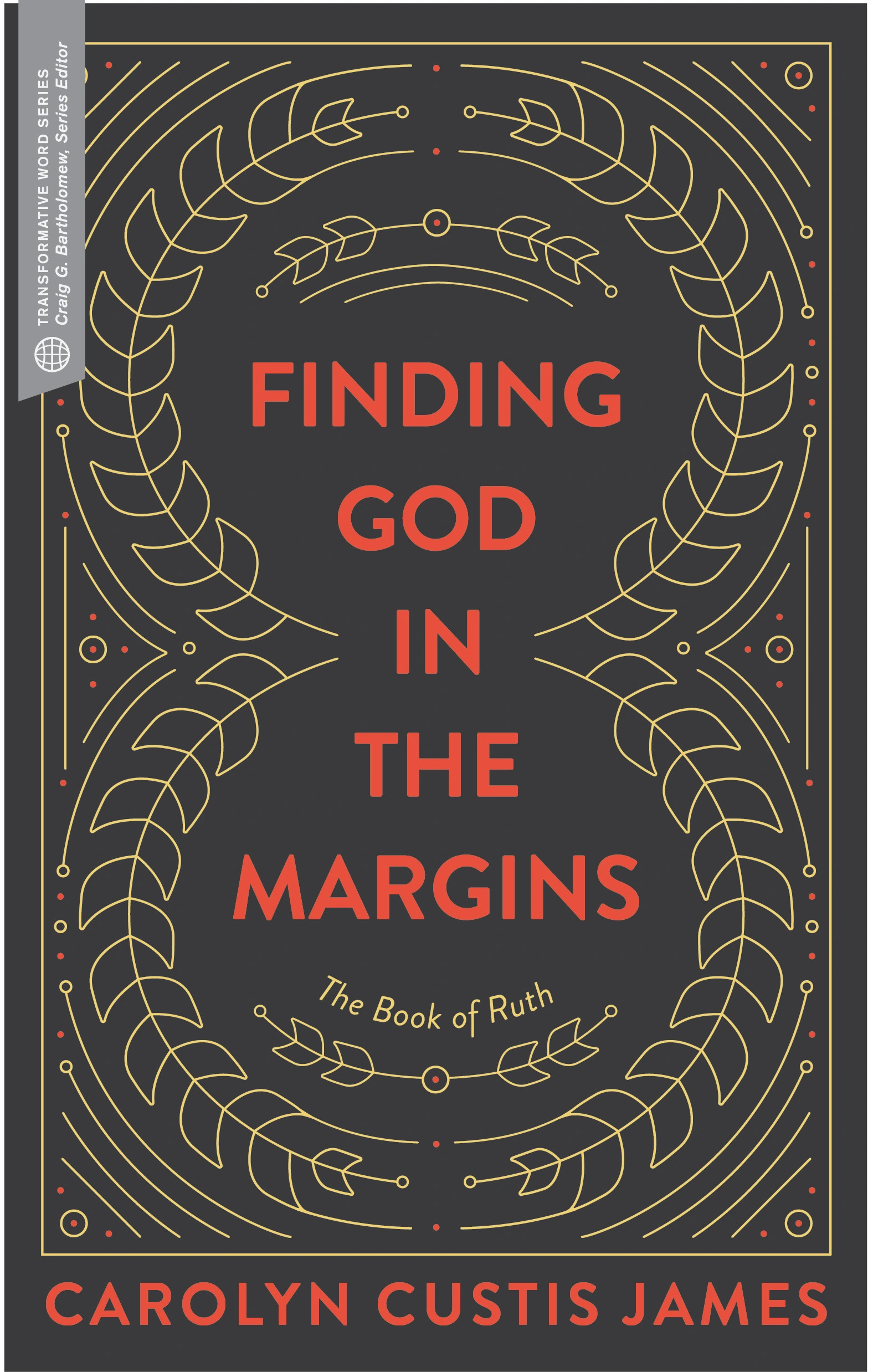
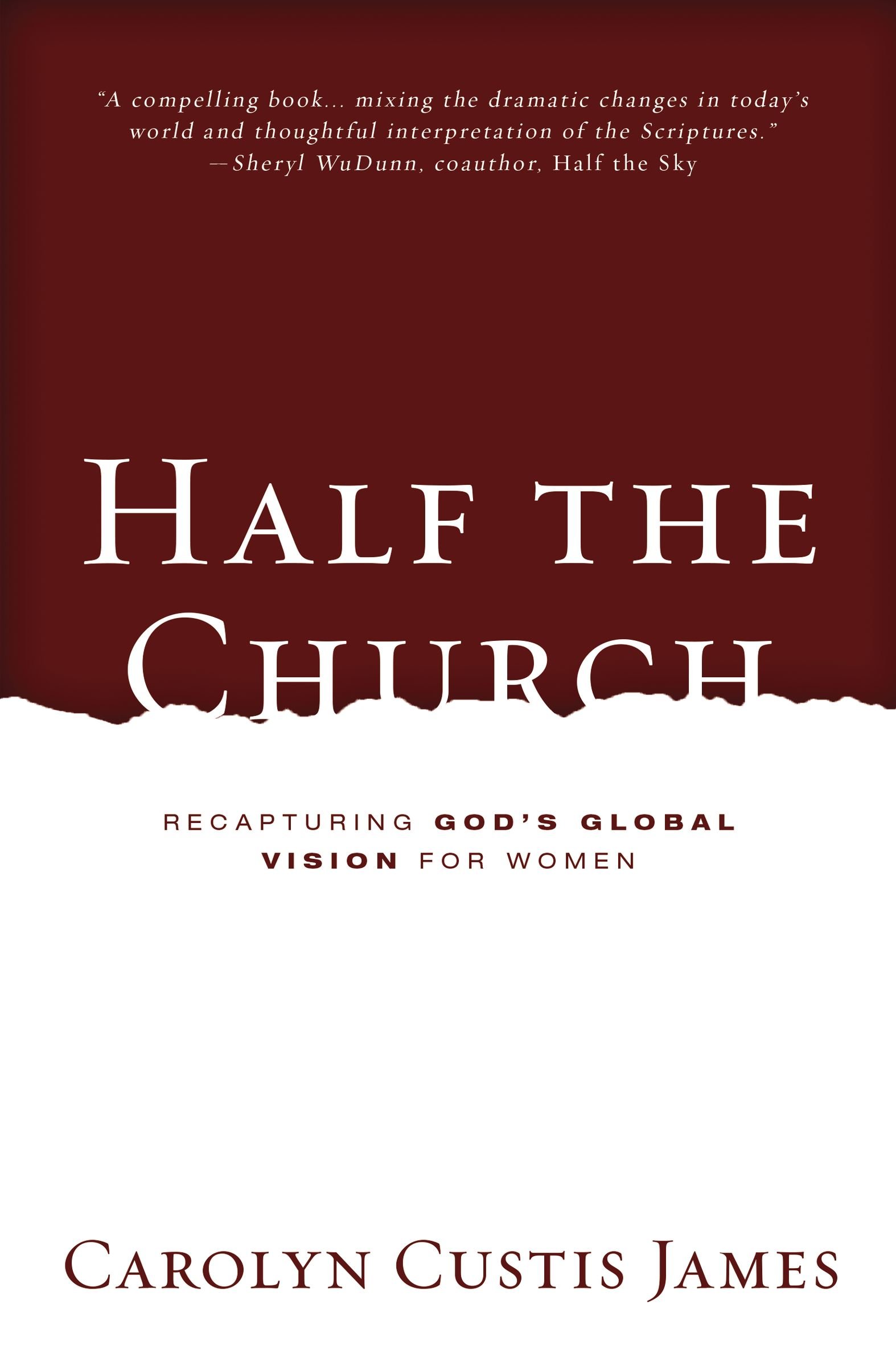
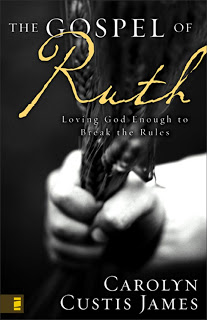
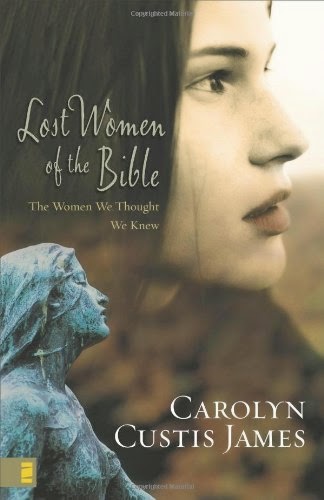






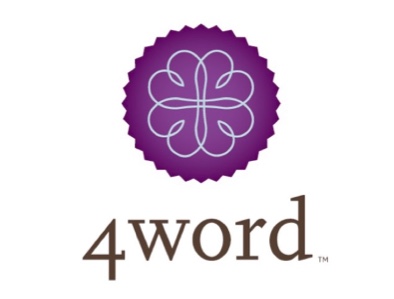
Thank you for the uplifting reminder of where our focus should be at Christmas.I’ve often been confused in the past about the warning to “not live in the flesh” or to beware of doing things “in my own strength”. As I’ve pondered (something I’ve learned from another Mary)what these words mean, I’ve come to see things differently. The blessed Incarnation teaches me that Christ came to “live in the flesh”. He came to show me and enable me to do this better. While I’m not to live “according” to the flesh, He came to live in me and show me what it truly means to live “in the flesh” ACCORDING to the Spirit.
LikeLike
Mary,Thanks for your comment. I am encouraged to hear how others are learning, as I am, that God calls women to be strong and courageous. A woman’s strength is not to be feared, but to be prized, when it results from her saying “yes” to Him.
LikeLike
Carolyn, please forgive me, but I have been very critical of your new perspectives on the book of Ruth. I want you to know that. I have said it elsewhere before saying it directly to you, and asking for clarification. I have not followed Matther 18 on that.So, I will ask you this directly, and hope for a Biblically sound response. I did not know you had a blog where people could ask you for clarification. In what way was the birth of Obed miraculous? The life of Ruth shows God’s providential leading in Ruth’s life, as well as His gracious election of her to salvation. However, the birth of Obed, her son, followed the natural, normal way things are done. He had a human father as well as a human mother. They had normal, marital relations, Ruth got pregnant, and Obed was born.Do you just mean that God enabled Ruth to have a son? In that way it is a miracle, because it is said that God intervened for Ruth?Ruth 4:13 13 So Boaz took Ruth and she became his wife. Then he went to her, and the LORD enabled her to conceive, and she gave birth to a son.Are you sure you want to compare his birth to that of Jesus, our Saviour, though? If there were a special miracle involved with the birth of Obed, it certainly cannot be called the Holy Spirit overshadowing her, nor was Obed “God with us”. Jesus was conceived by the Holy Spirit, and Obed by his father, Boaz. etc. What makes Mary so special was the Son she bore. Yes, she was also submissive to the will of God, a woman of good character, a godly young lady. However, she is not the focus of the Christmas story. Her Son is.Any response of yours will be greatly appreciated. Donna L. Carlaw
LikeLike
Donna,Thank you for posting a comment on my blog. Your humility and honesty are refreshing. It means a lot to me that you desire to communicate <>with<> instead of <>about<> me regarding my work. I don’t expect everyone to agree with me and I value constructive interaction. So I’m glad you felt free to raise your questions and want you to know you are welcome here.Regarding the miraculous nature of Obed’s birth, many birth narratives in the Bible (besides the birth of Jesus) are referred to as “miraculous births.” Some notable examples are the births of Isaac, Samuel, and John the Baptist. We don’t typically include Obed in this group, but after his mother endured ten long years of barrenness during her marriage to Mahlon, Ruth was certifiably barren. It took an extraordinary act of faith for her to volunteer to bear a son to rescue Elimelech’s family from extinction. Ask any woman who has suffered infertility. As you correctly pointed out, “the LORD enabled her to conceive, and she gave birth to a son” (Ruth 4:13, NIV). Actually, this is a <>double<> miracle—that Ruth conceived in the first place and second that the child she bore was a son. And yes, I did mean to compare the birth of Obed to Jesus. There are striking parallels between the two narratives which are interesting and remind us of the long history and great acts of faith that ultimately led to the birth of Jesus. God always works through people. And so it’s important also to point out how both Ruth and Mary lived out their faith in bold, sacrificial ways. These women did much more than give birth to important sons. They were courageous, sacrificial, and bent on living to please God no matter what it cost them. Faith produces these qualities in God’s children, and it’s important for us to see that and consider how we are living. Donna, I think it would be helpful if you actually read my book. Right now, you are only responding to bits and pieces. I would ask you to let me present my full case before trying to determine whether or not my conclusions are biblical. Admittedly, my interpretation of the book of Ruth is not what we’ve always heard. It isn’t what I’ve always thought myself. But have we learned everything there is to know about the Bible or about God? Is there nothing more or new for us to discover? My work is built on the research of some of the best Old Testament scholars around today. Many of them have reviewed and endorsed my work. Please read and see for yourself.Blessings!
LikeLike
Carolyn:And yes, I did mean to compare the birth of Obed to Jesus. There are striking parallels between the two narratives which are interesting and remind us of the long history and great acts of faith that ultimately led to the birth of Jesus. >>>>DL:The differences are much, more striking, starting with “The Father sent the Son to be the Saviour of the world.” DL:I responded to your comment to me at the CT blog. God bless, and please take care,Donna L. Carlaw
LikeLike
PSThank you, Carolyn, for responding to my post. I appreciate that.I may take a look at your book.Thank you for your time, and for graciously allowing me to dialogue with you.God bless, and please take care,Donna L. Carlaw
LikeLike